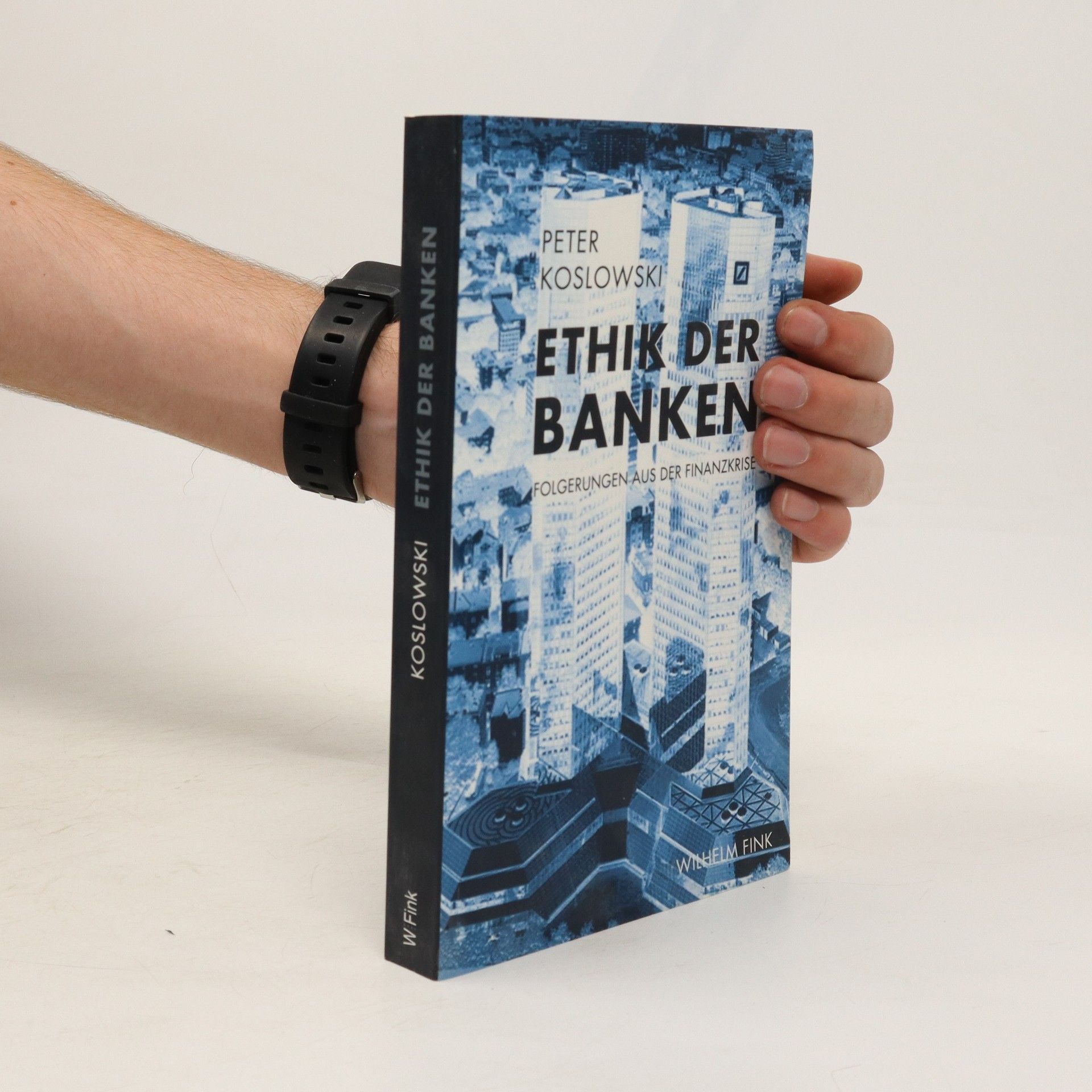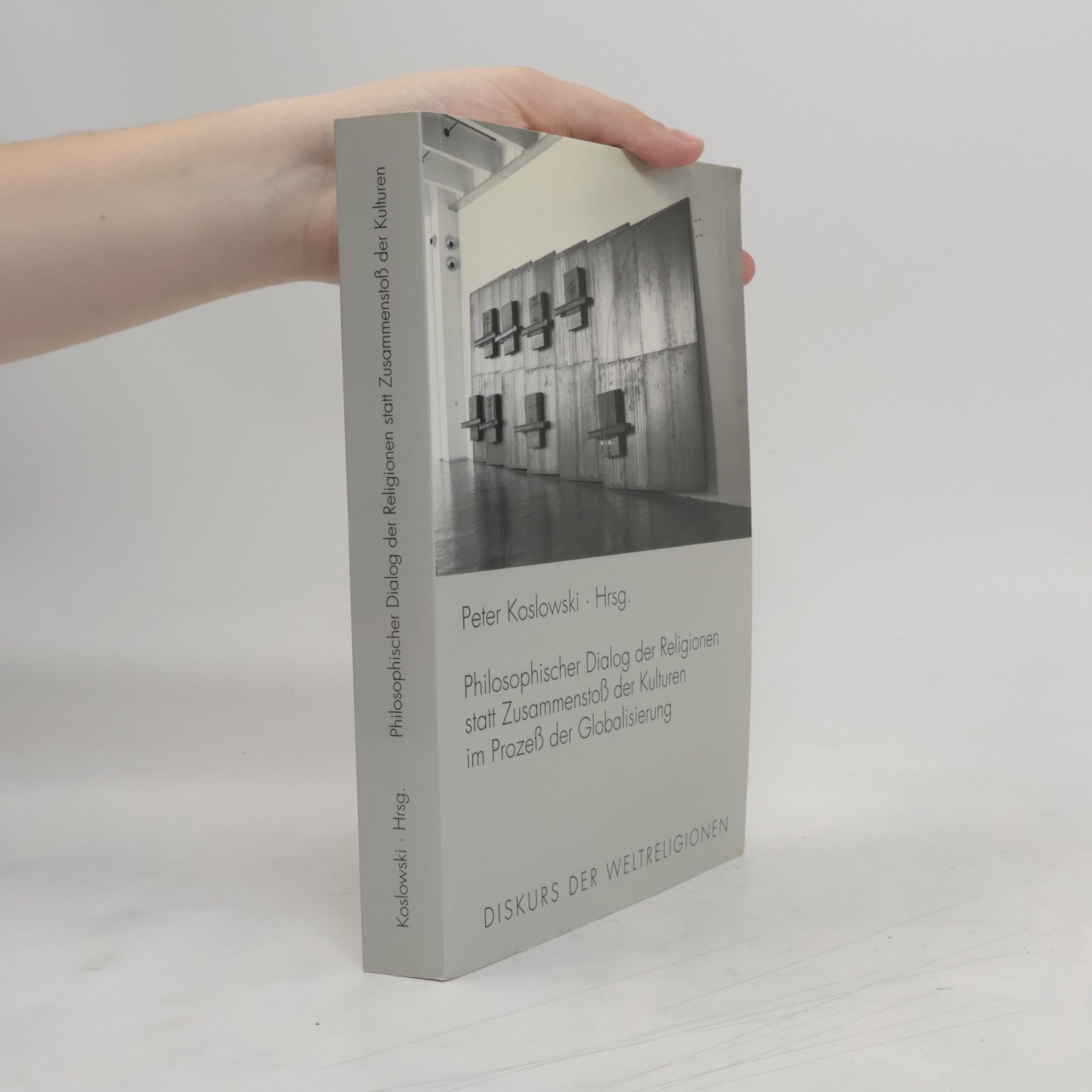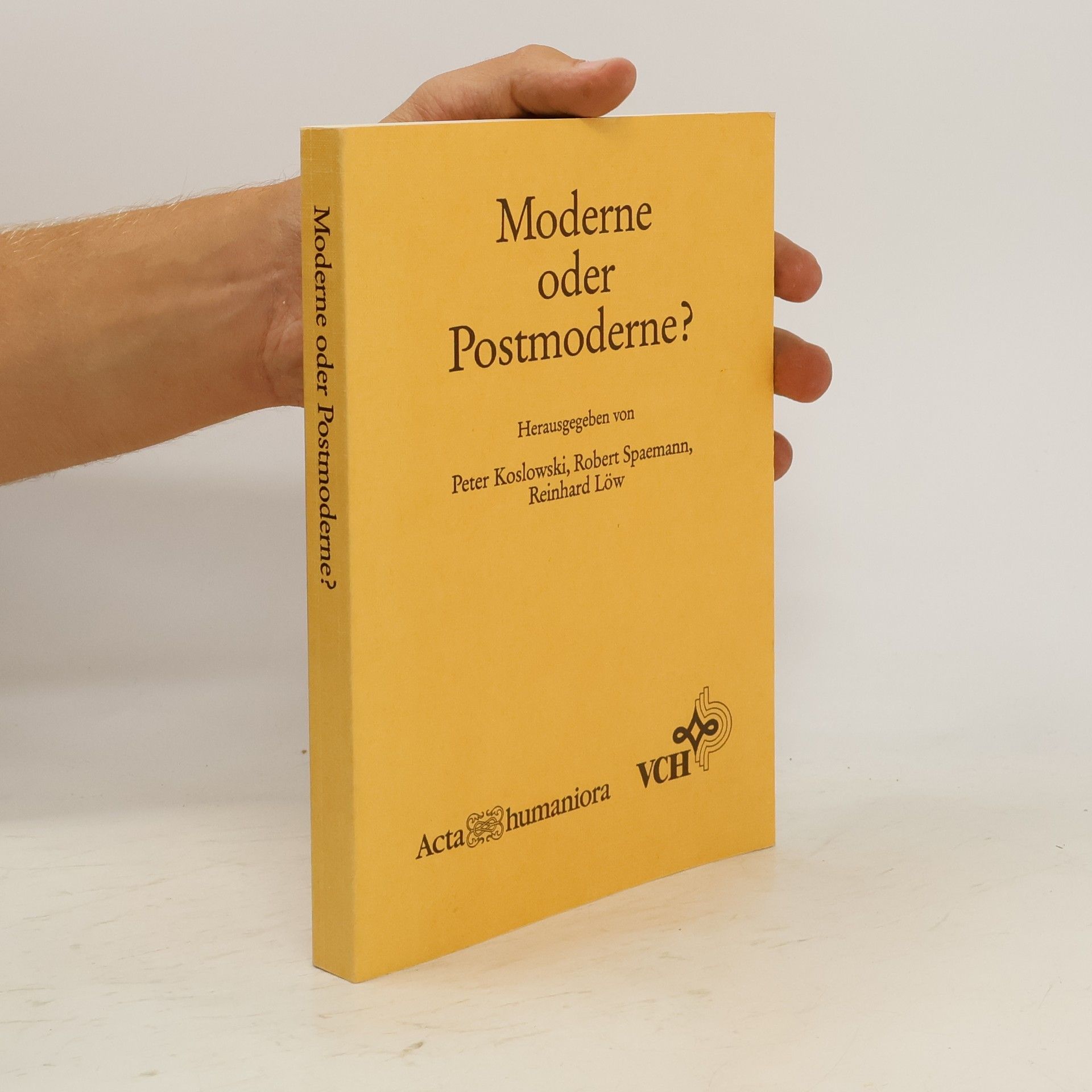Moderne oder Post-Moderne? Zur Signatur des gegenwärtigen Zeitalters
- 304bladzijden
- 11 uur lezen






The book offers a comprehensive theoretical exploration of the intersection between business ethics and globalization. It traces the origins and evolution of globalization, analyzing its effects on both national and multinational corporations. The authors delve into the ethical implications of globalization for businesses, providing insights into how ethical practices can adapt and respond to the challenges posed by a globalized economy.
Die dichterische Philosophie Ernst Jüngers
Die Enzyklika Fides et Ratio in der Debatte zwischen Philosophie und Theologie
Die Religionen sind die größten Gemeinschaften der Weltgesellschaft und beanspruchen, insbesondere im Islam und Christentum, universale Lebensdeutungen zu sein. Mit der Globalisierung und dem Internet erhalten sie durch moderne Kommunikationsmittel Zugang zu allen Menschen, geraten jedoch auch in Konflikt aufgrund ihrer Ansprüche auf globale Gültigkeit. Um diese Konflikte zu entschärfen, bietet die spekulative, philosophische Fassung einer Religion einen Weg, religiöse Überzeugungen im Rahmen der Philosophie und des rationalen Diskurses darzustellen. Dieser philosophische Zugang kann als Grundlage für den Dialog der Weltreligionen dienen, ohne deren Wahrheitsansprüche zu negieren. Er trägt dazu bei, dogmatische Ansprüche zu reduzieren und den Fundamentalismus zu überwinden. Die Philosophie fungiert als Brücke zwischen den Religionen. Die Reihe Diskurs der Weltreligionen präsentiert den fünften und letzten Band der EXPO-Diskurse, die während der Weltausstellung EXPO 2000 Hannover stattfanden. Diese Diskurse hatten das Ziel, einen philosophisch-theologischen Dialog über zentrale Themen der Religionen zu fördern. Die Reihe zielt darauf ab, ein tieferes Verständnis der theologischen und philosophischen Ähnlichkeiten und Unterschiede zwischen Hinduismus, Buddhismus, Judentum, Christentum und Islam zu entwickeln, und sieht in der Philosophie ein Mittel, religiöse Feindschaft zu überwinden und den interreligiösen Dialog zu stärken.
Die Finanzkrise 2008 war mehr als eine Rezession. Sie war der Zusammenbruch des Bankensystems der Welt, der nur durch die Intervention der Staaten hinausgeschoben werden konnte. Noch weiß niemand, ob der Zusammenbruch nur verzögert oder ob er abgewendet worden ist. Billionen oder gar Trillionen - niemand scheint ihre wahre Dimension zu kennen - von Derivatewetten vagabundieren im Weltbankensystem um den Globus. Ist die Krise die Folge eines Versagens der Banken und ihrer Finanzethik? Die Banken und Finanzintermediäre hielten sich zur ungehemmten Bereicherung für berechtigt. Sie vernachlässigten ihre treuhänderischen Pflichten gegenüberihren Kunden. Sie förderten die Hyperspekulation und überzogene inanzwetten. Sie verabschiedeten die Idee, dass die Finanzwirtschaft eine Dienstfunktion hat zugunsten der Maximierung ihrer Einkommen und des Shareholder Value ihrer Aktionäre. Der Vertrauens-und Reputationsverlust der Finanzinstitutionen ist tiefgreifend. Markiert er das Ende des finanzorientierten Kapitalismus? Peter Koslowski zeigt, dass die reinökonomische Ökonomie der Finanzwirtschaft an ihrem Ende angelangt ist und durch eine ethische Ökonomie ersetzt werden muss. Er entwickelt eine Ethik der Banken und der Finanzmärkte für Kredit, Kapital, Unternehmenskontrolle und Derivate. Die Krise ist auch eine Chance für einen Neuanfang, für eine neue Finanzethik des Banken- und Finanzsystems.